Every person experiences points in their lives where they face difficulties, challenges, and issues. While this is a natural part of life, it’s important to know how to get through all of that and regain stability.
But, being told by friends and family that you need to be strong and more resilient is often not enough. Some people can’t recover quickly after a tragedy, trauma, or stress and become even stronger after the life-changing experience.

That’s the reason why resiliency training courses exist. So, let us tell you everything aboutthe meaning of resilience and how it can empower your personal and professional life, so that you can understand the importance of resilience coaching courses.

It’s the ability to adapt well in the face of sources of stress, threats, tragedy, trauma, and adversity, without letting them determine the outcome of your life, the American Psychological Association explains.
No matter the traumatic event, such as a serious disease, the death of a loved one, divorce, or getting fired, it affects you, your thoughts, and your emotions. Resilience is what helps you adapt well over time to these events, instead of feeling overwhelming, dwelling on problems, using unhealthy ways to deal with stress, and develop anxiety or depression as a consequence.
Not only that it involves bouncing back from these life-changing situations, but it also empowers you to grow as a person and improve your life. This, however, doesn’t mean that you won’t experience emotional pain, stress or difficulty. It’s these things that will help you achieve personal growth and resilience.
Here are a few examples of resilience:
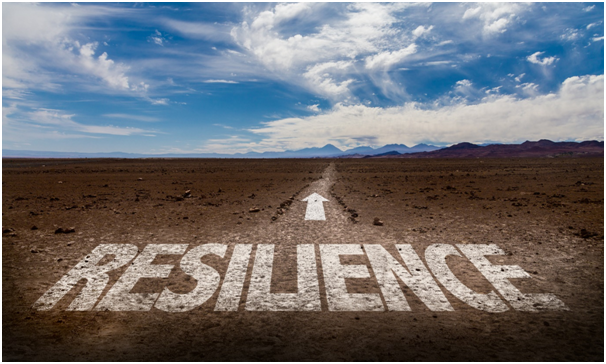
Even though some people are naturally more resilient than others, this ability can be learned and developed in all stages in life with the help of certain thoughts, behaviors, and actions.
So, yes, resilience can be taught, even though it takes time and effort, with the help of training and the right resilience course for your needs.
Building and increasing resilience in adults requires focusing on healthy thinking, meaning, connection, and wellness. These components can teach them how to withstand traumatic experiences and life challenges as well as learn from them.
Everyone,adults and children, no matter the age, can learn how to be more resilient. All it takes is willingness, perseverance, and determination to succeed and complete an appropriate building resilience course.

Children live up or down to expectations adults set for them. That’s why we have to believe in them and model healthy resilience strategies for them, the American Academy of Pediatrics reports.
The 7 Cs of resilience are the following:
1. Competence – children need to be noticed when doing something right and encouraged to continue developing a certain skill that they have passion for. That’s how they feel competent.
2. Confidence– they need the confidence to think outside the box, navigate the world, and recover from difficult challenges.
3. Connection – being part of a community such as a team, club, or class, and having close ties to family and friends gives them the security they need to stand on their own and come up with inventive solutions.
4. Character – they need to know what’s right and what’s wrong so that they contribute to the world, make the right decisions, and become stable adults.
5. Contribution – contributing to the wellbeing of other people should be awarded gratitude so that children can learn how good it feels to help and contribute.
6. Coping – healthy coping strategies can help children learn how to manage stress and avoid anxiety.
7. Control – being aware that they have certain control over their lives and surroundings can help children realize they can control their actions and decisions. This, in turn, will help them understand that they have the power to bounce back.
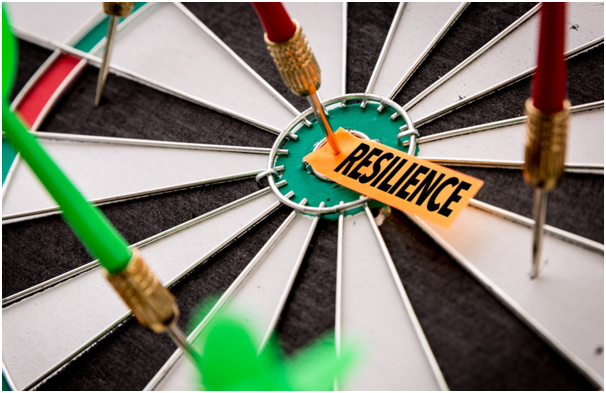
Learn to Integrate New Relational Skills
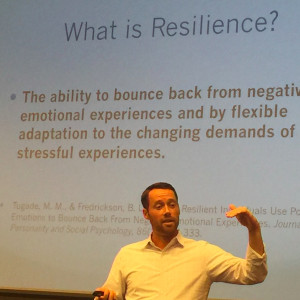
According to Dr. Sheila Armitage, there are 6 competencies of resilience. Some people have a high level of all six competencies, others have competencies in only a few, and thirds are lost in all of them.
1. Self-awareness – recognizing emotions, thoughts, and behaviors, as well as patterns in positive or negative thinking or good or bad behavior; being open and curious.
2. Self-regulation – regulating emotions, impulses, behaviors, and psychology to achieve goals; stopping counterproductive thinking; expressing emotions properly.
3. Optimism – remaining realistic; searching for what’s positive; fighting the negativity bias, maintaining hope; recognizing what’s controllable; having confidence in self and others.
4. Mental Agility – thinking accurately, flexibly, and thoroughly; being willing to try new methods; identifying and understanding problems; taking other perspectives.
5. Strengths of Character – being aware of your biggest qualities and knowing how to use them to overcome challenges and achieve goals; having faith in your abilities, talents, and strengths.
6. Connection – building and maintaining strong and positive relationships; developing empathy; supporting others; being willing to ask for help.
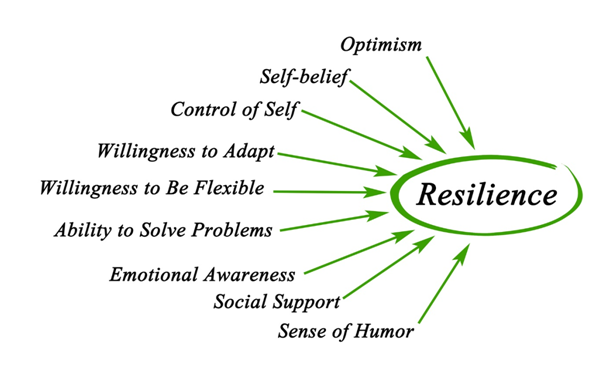
All these competencies help you to be mentally and emotionally stronger, more resilient, confident, and able to overcome setbacks and solve problems.
Emotional resilience is being able to calm your panic-stricken mind after a difficult or negative experience.
Millions of people feel overwhelmed and stressed at work due to the constantly increasing demands and radical change. While there’s one group of employees who lose their jobs or experience stressful life events, others not only that survive the difficult challenge they face, but flourish, Positive Psychology explains.
That’s the difference between having and lacking resilience. It’s what helps you to cope well with pressure and uncertainty, and thrive under stress.
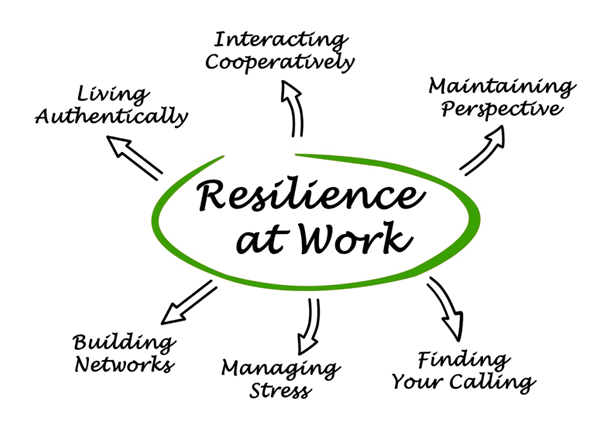
An example of resilience at work is staying and fulfilling a difficult or challenging task instead of being scared or disgusted by it and running away.
In order to build resilience at work, you need to practice mindfulness, develop mental agility, take regular breaks from work, maintain social interaction, use challenges as chances to master skills, accept stress as normal part of work, celebrate successes, develop realistic goals, take a positive action, strengthen your emotional intelligence, stay confident, practice optimism, and keep a realistic perspective.
Taking an emotional resilience course can help you develop all of these skills and teach you how to put them into practice at work.
Resilience training courses provide you with the right strategies, tactics, diagnostics, tools, and techniques to adapt to, manage, and recover from traumatic or life-changing events.
It helps you to develop resilience by training your attention on positive things in your life, decreasing the negative thoughts, and focusing on the meaningful part of the whole experience, according to Mayo Clinic.
The duration, content, and number of resilience classes depend on the program and your resiliency factors. They will help you understand the importance of resilience and explore the skills, capabilities, and self-care techniques that contribute to resilience.

This, in turn, will help you process difficult experiences and events and build up resilience so that you are ready to face whatever life throws at you both personally and professionally.
Today, you can find thousands of resilience courses online that can help you learn and use specific skills and positive habits to better manage stress, bounce back after a difficult challenge or problem, develop stronger and more positive relationships, be more effective in your personal and professional pursuits, be mentally and physically healthy, and be satisfied with your life overall.
Their goal is to teach you the science behind building resilience.
All you have to do is google resilience training courses, read some reviews and instructions, and pick the right one for your needs. Investing in quality resilience training leads to an improved personal and professional life.
After completing the course, you’ll understand why being well from the inside is crucial for becoming a resilient person. You’ll be able to practice different resilience skills in all aspects of your life, and develop a resilience plan for your future.

Resilience is essential for every aspect of our life. It allows us to develop mechanisms for protection against overwhelming, traumatic, and difficult experiences, maintain balance in our lives during stressful and difficult periods, and protect us from developing anxiety, depression, and other health issues.
Taking a resiliency training course will help you learn all these skills and find a way to draw on strength you didn’t know you possessed. Call 919-525-4559 to get started.